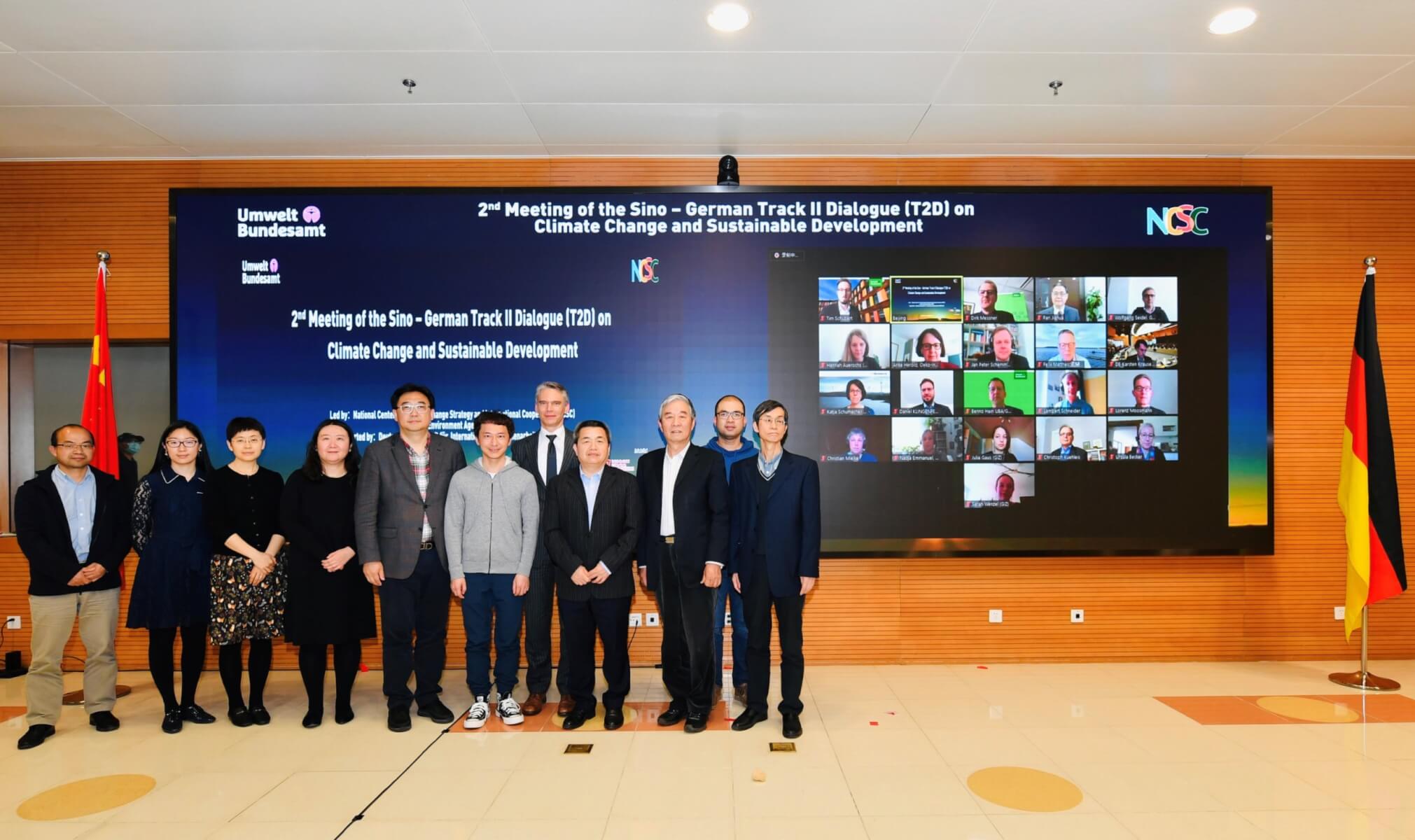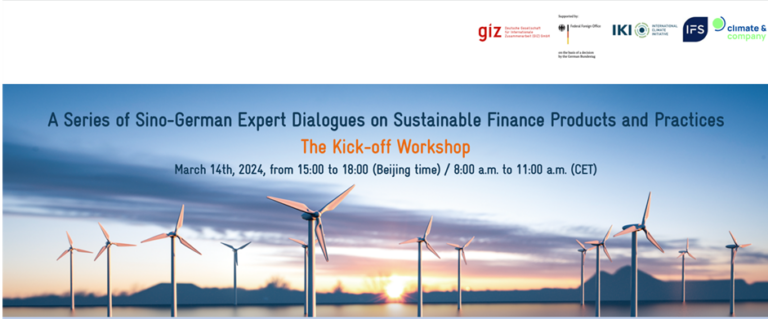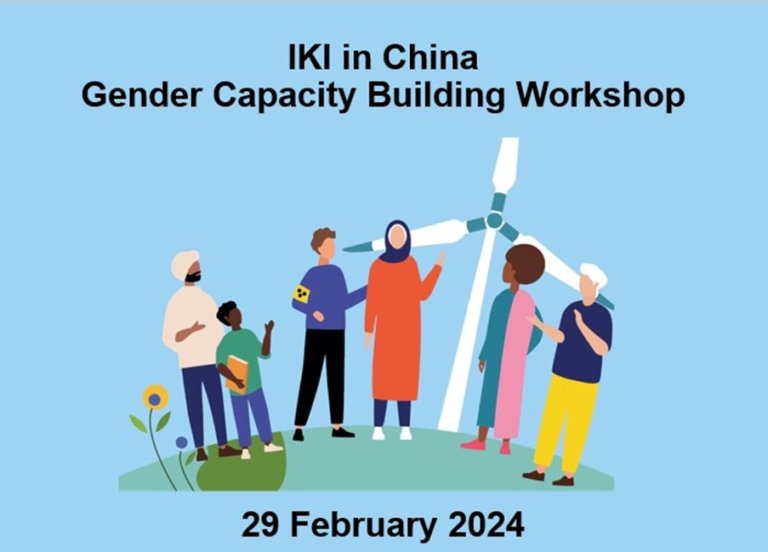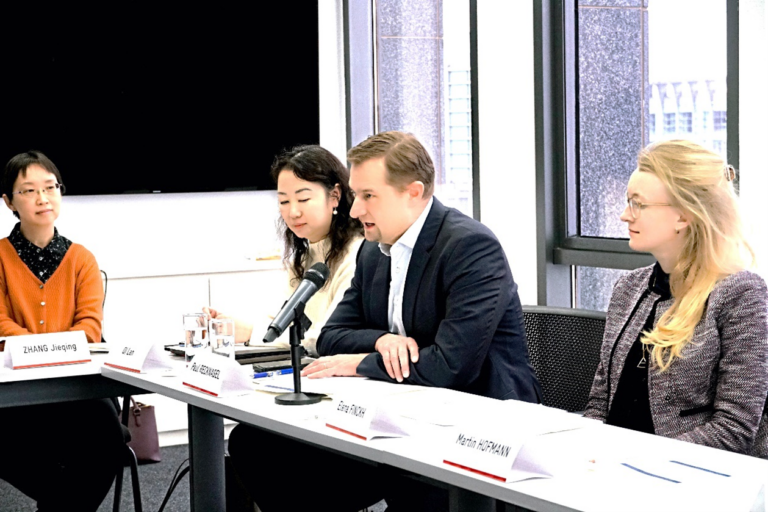
On 21 April 2021, Chinese and German experts met to discuss, among other topics, Green Recovery, market-based mechanisms to incentivise greenhouse gas emissions (GHG) reductions as well as emission inventories and data transparency.
The second meeting of the Sino-German Track II Dialogue (T2D) on Climate Change and Sustainable Development took place in a hybrid format on 21 April 2021. The successful event saw status updates from the four expert working groups and fruitful discussion among participants.
Working Group 1 on Green Recovery highlighted that given the different pandemic situation in China and Germany, a further comprehensive focus on Green Transition was more suitable. In this context, they will strive to develop an evaluation scheme to conduct ex-ante assessment of the climate compatibility of recovery measures with a particular focus on their indirect measures on other countries.
Working Group 2 on market-based mechanisms to incentivise greenhouse gas emissions (GHG) reductions faces a very dynamic working environment given the recent launch of the Chinese national emission trading system (ETS) and strong performance of European emission trading. The working group focused on lessons learned for the Chinese ETS from the EU-ETS as well as the German national emission trading scheme but also discussed wider implications of tightening emission caps and rising carbon prices. Experts agreed that in order to limit global warming in line with the Paris Agreement, carbon prices will inevitably have to rise. However, they also highlighted that carbon pricing is just one aspect of a larger set of policy instruments.
A central finding of Working Group 3 on science towards the long-term low GHG emission-carbon neutrality strategy scenario is that action, particularly in investment decisions, cannot be delayed if the world wants to stand a chance of achieving climate neutrality by mid-century. Furthermore, the experts identified six factors that all existing 1.5°C warming scenarios have in common: coal phase-out, strong increase in renewable energy generation, energy efficiency, electrification, hydrogen, and carbon capture and storage (CCS).
To support climate policy with improved emission data, the experts of Working Group 4 are focusing on emission inventories, data transparency and emission modelling and verification using alternative methods like satellite data. Additionally, the working group heads asked their counterparts of the other working groups to indicate any particular data needs so Working Group 4 could fulfil its mandate of underpinning climate action with emission data.
Dirk MESSNER and XU Huaqing from the Steering Committee thanked all experts for the formidable work they had done in rather short time and emphasised that we are facing a propitious time as the entire world economy is transforming. Furthermore, they underlined the value of mutual learning taking place in the working groups not only for the two countries but also the international climate regime and particularly the 26th session of the Conference of the Parties (COP 26). In the light of the new European climate targets as well as China’s announced Nationally Determined Contributions (NDC) that reiterated the 2030/2060 goals, the members of the Steering Group found the focus of the individual working groups confirmed.
The Sino-German T2D dialogue was launched in December 2020 and complements the high-level political dialogue with science-based exchanges. The Sino-German T2D provides the opportunity to exchange and learn from each other and reach consensus at a technical level. The core teams leading the T2D include the National Center for Climate Change Strategy and International Cooperation (NCSC) on the Chinese side, and the German Environment Agency (UBA) on the German side.



